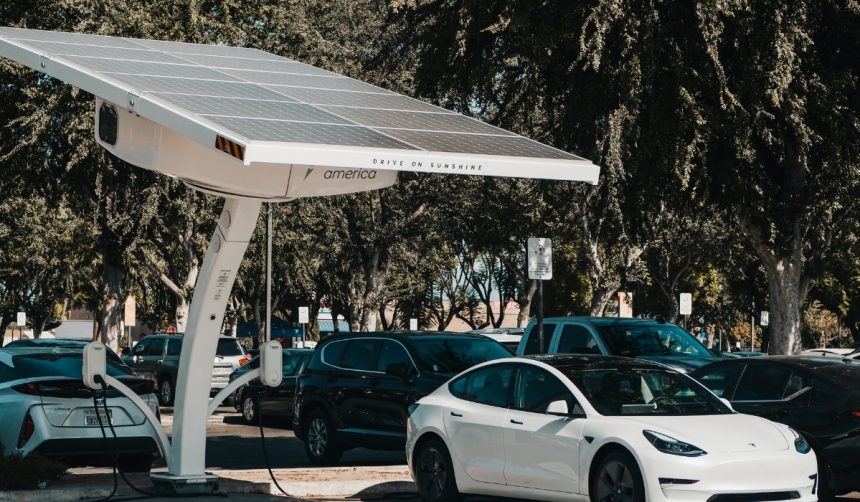Tesla has initiated the production ramp-up of its new Model Y non-Launch Series at Giga Texas, signaling a potential turnaround in its vehicle deliveries for the upcoming quarter. This strategic move comes after a challenging first quarter, where the rollout of the revamped Model Y initially slowed down production and delivery rates. Industry analysts are optimistic that the increased output will help Tesla meet growing demand and stabilize its market position.
Recent developments at Giga Texas reveal that the manufacturing of the non-Launch Series Model Y is progressing smoothly. Enhanced production capabilities and streamlined assembly processes have contributed to the efficient ramp-up, indicating Tesla’s commitment to scaling its operations to accommodate higher volumes.
Tesla’s decision to introduce the non-Launch Series adds variety to its Model Y offerings, catering to a broader customer base. This series excludes some of the premium features of the Launch Series, making it a more affordable option without compromising the vehicle’s core functionalities.
Is the New Model Y Pricing Competitive?
The non-Launch Series Model Y is priced lower than the Launch Series, which is available at $59,990. This pricing strategy positions the non-Launch Series as a more accessible option for consumers, potentially boosting sales by appealing to budget-conscious buyers without sacrificing quality or performance.
What Features Differentiate the Non-Launch Series?
While the Launch Series boasts features like a special rear lift gate badge and premium textile trim, the non-Launch Series maintains the essential elements that define the Model Y’s performance and safety standards. This balance ensures that customers receive a high-quality vehicle tailored to their preferences and financial considerations.
How Will This Impact Tesla’s Q2 Deliveries?
With the non-Launch Series now in production, Tesla is likely to see an uptick in deliveries in Q2 2025. The increased production capacity at Giga Texas is expected to offset the initial delays experienced in Q1, restoring Tesla’s delivery numbers to meet or exceed previous performance metrics.
The expansion of Model Y production aligns with Tesla’s broader strategy to enhance market share and respond to consumer demand effectively. By diversifying its product lineup and optimizing manufacturing processes, Tesla aims to reinforce its position in the competitive electric vehicle market.
Leveraging insights from past performance and current production trends, Tesla is well-positioned to navigate the challenges of scaling up production while maintaining quality standards. This proactive approach not only addresses immediate delivery concerns but also sets the stage for sustained growth in the future.










